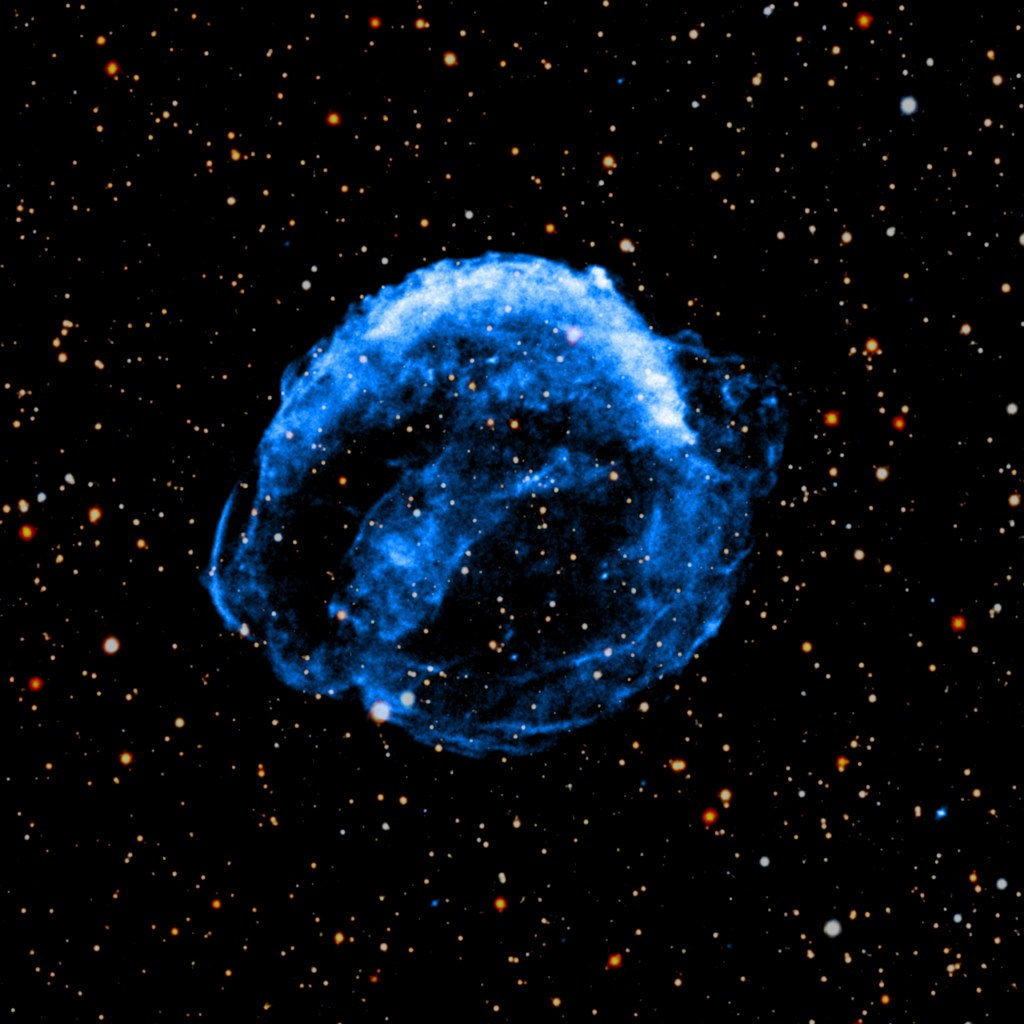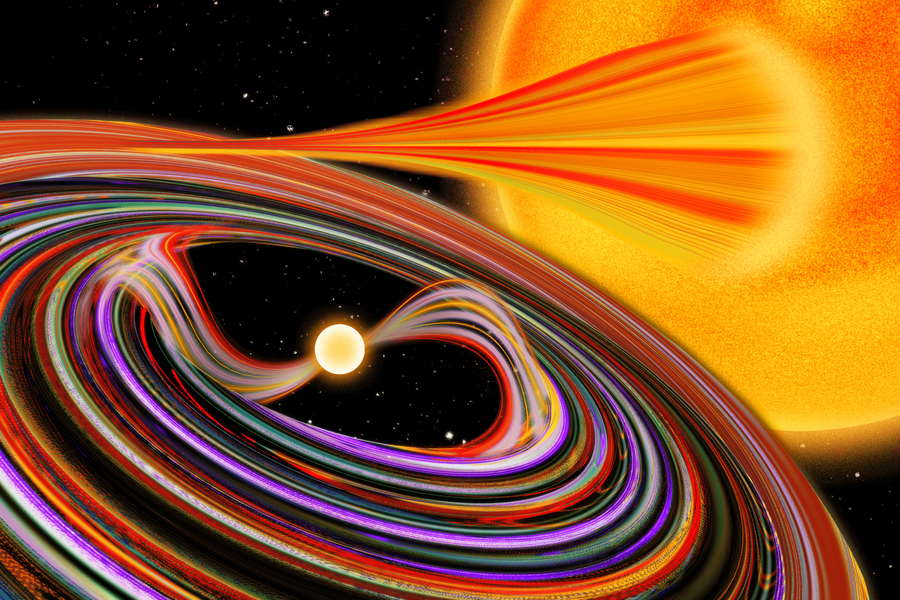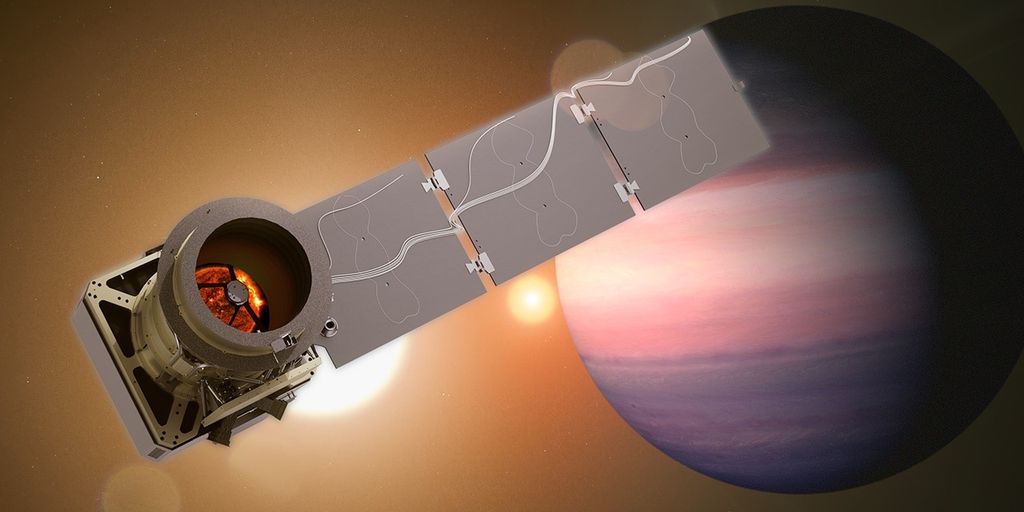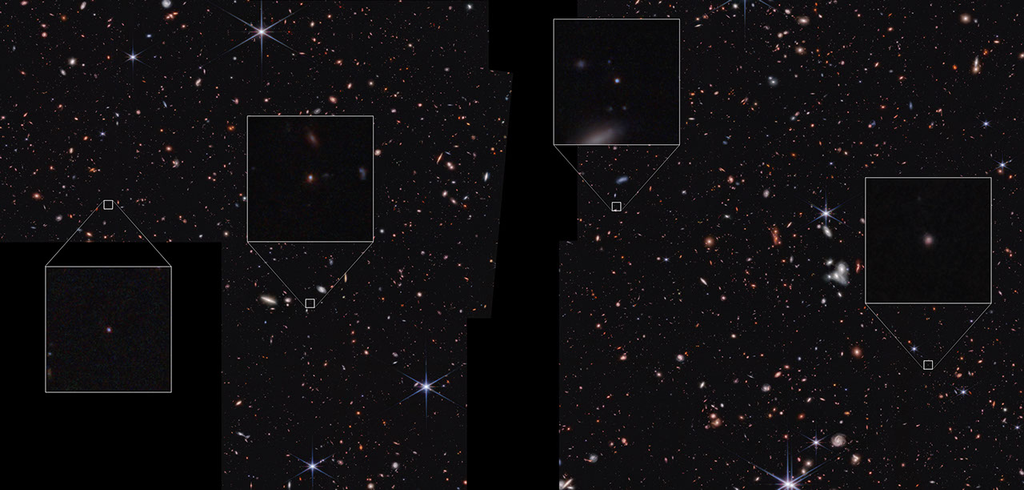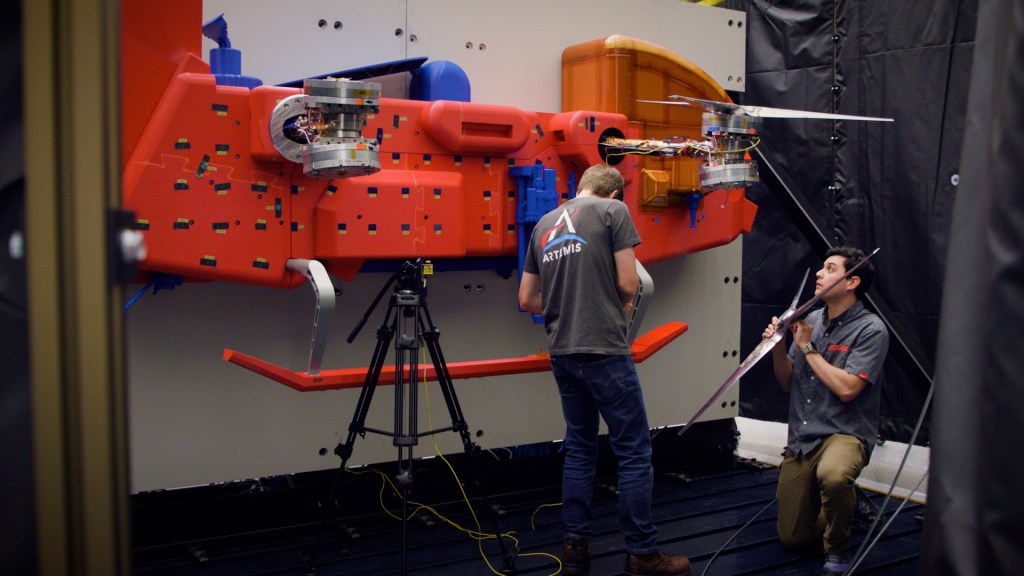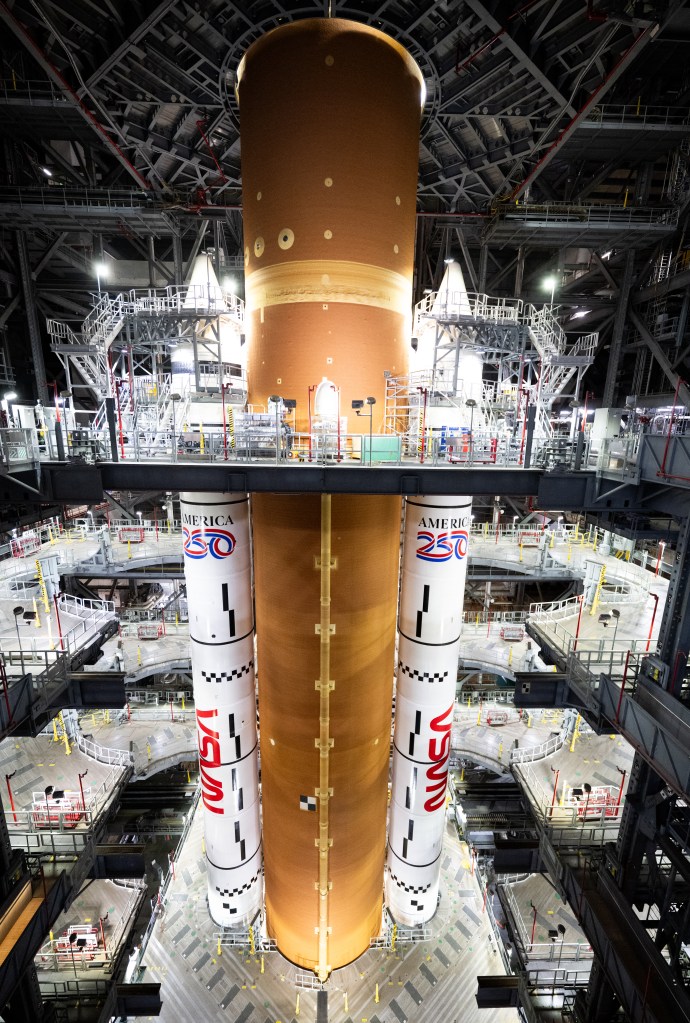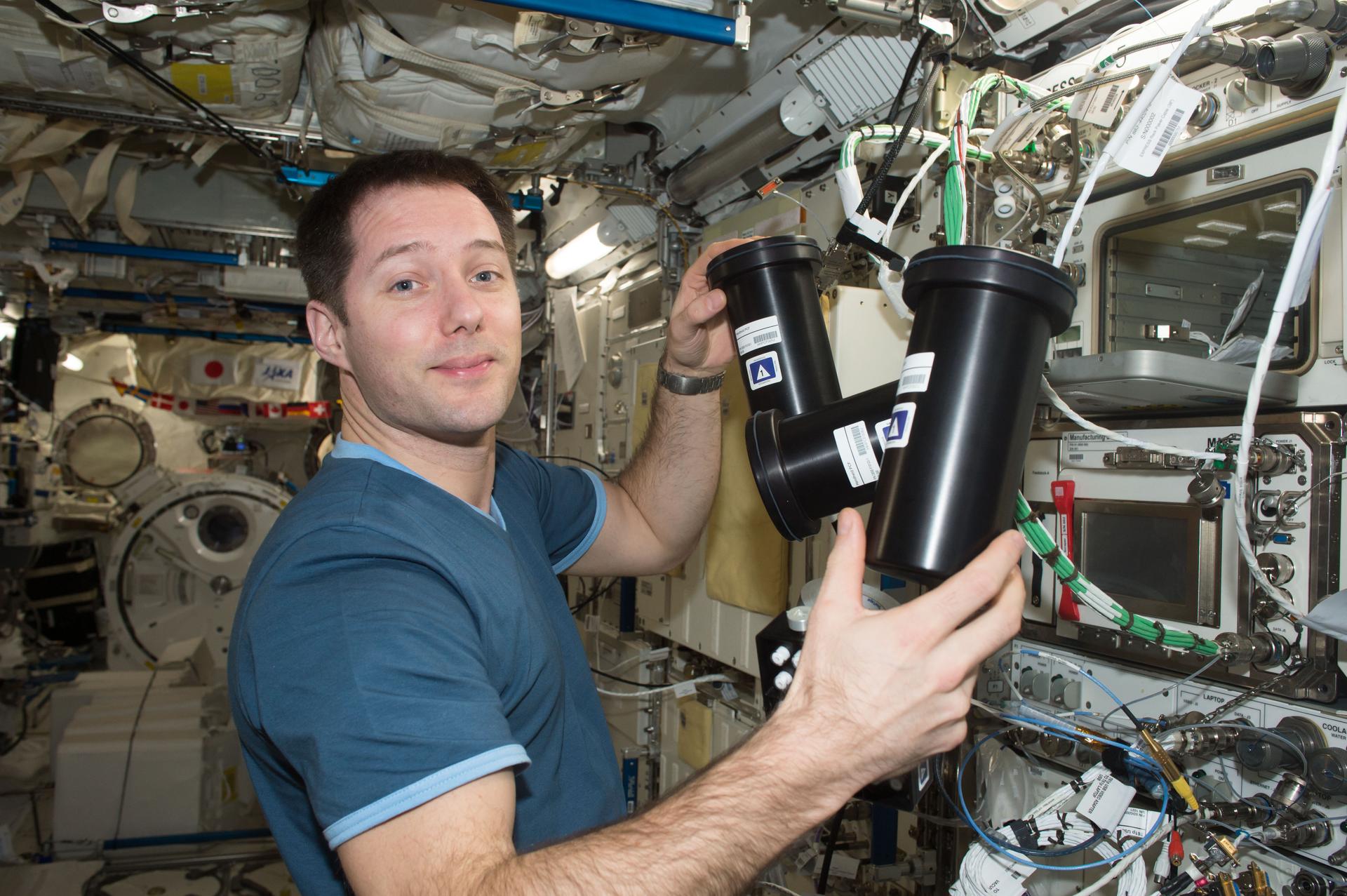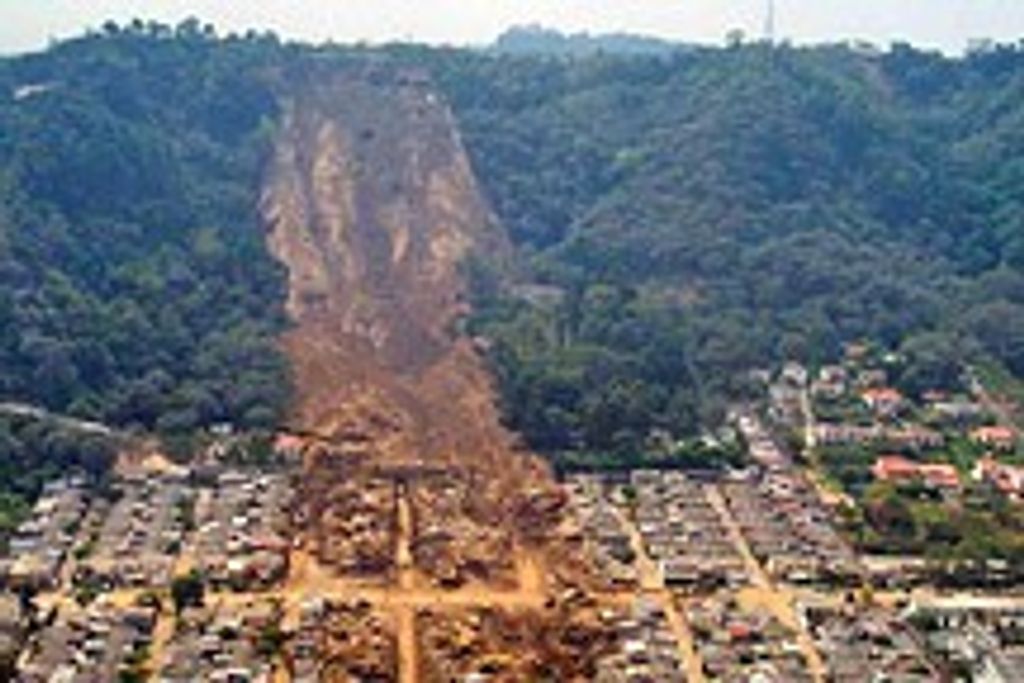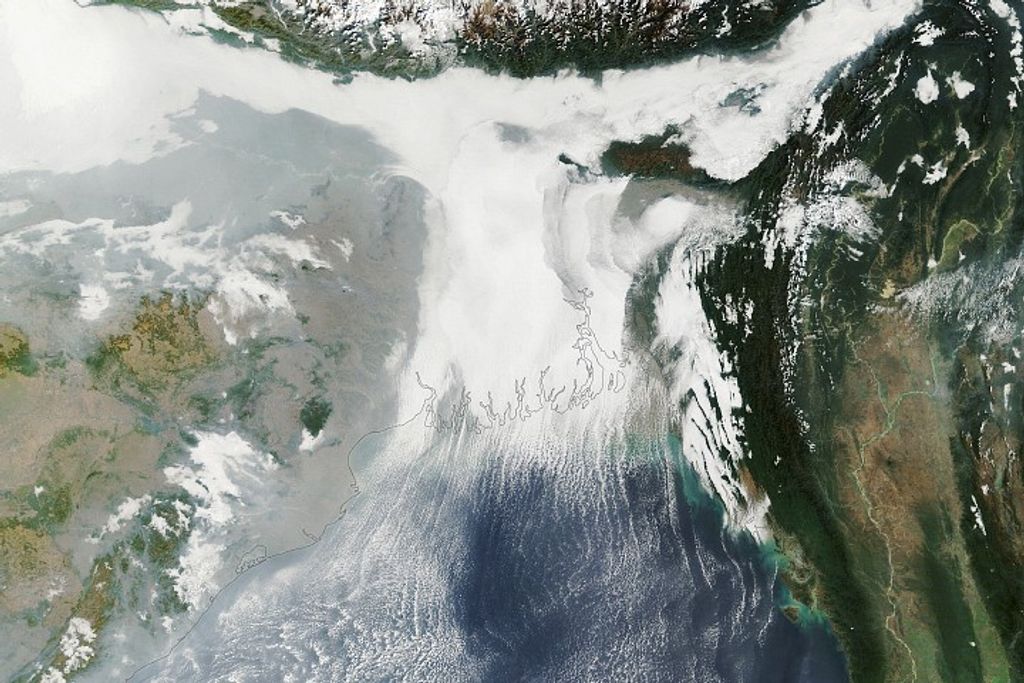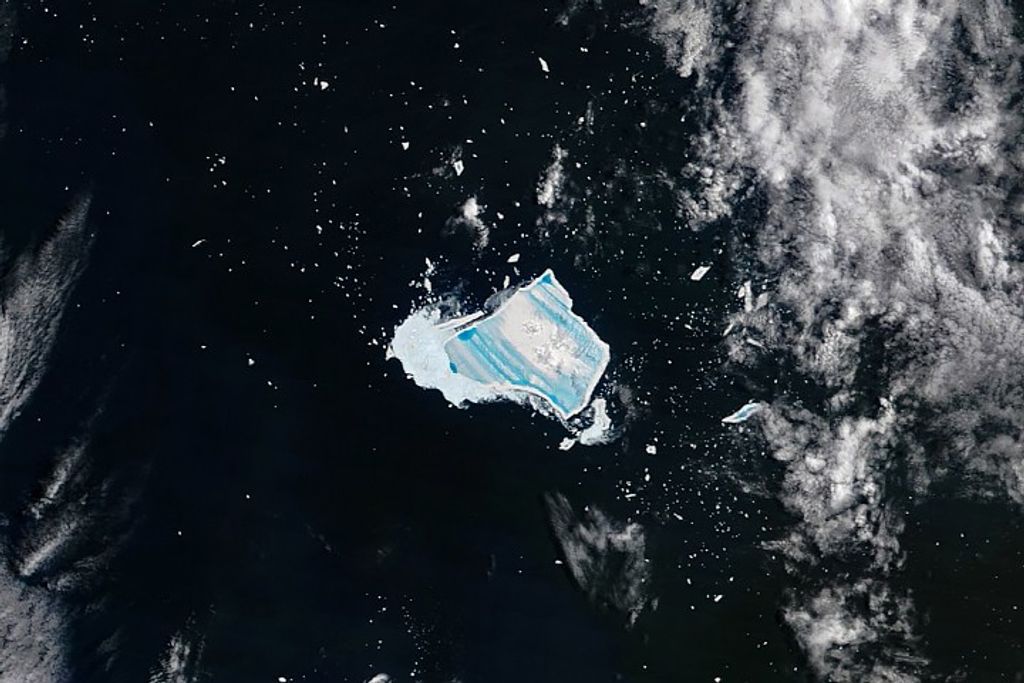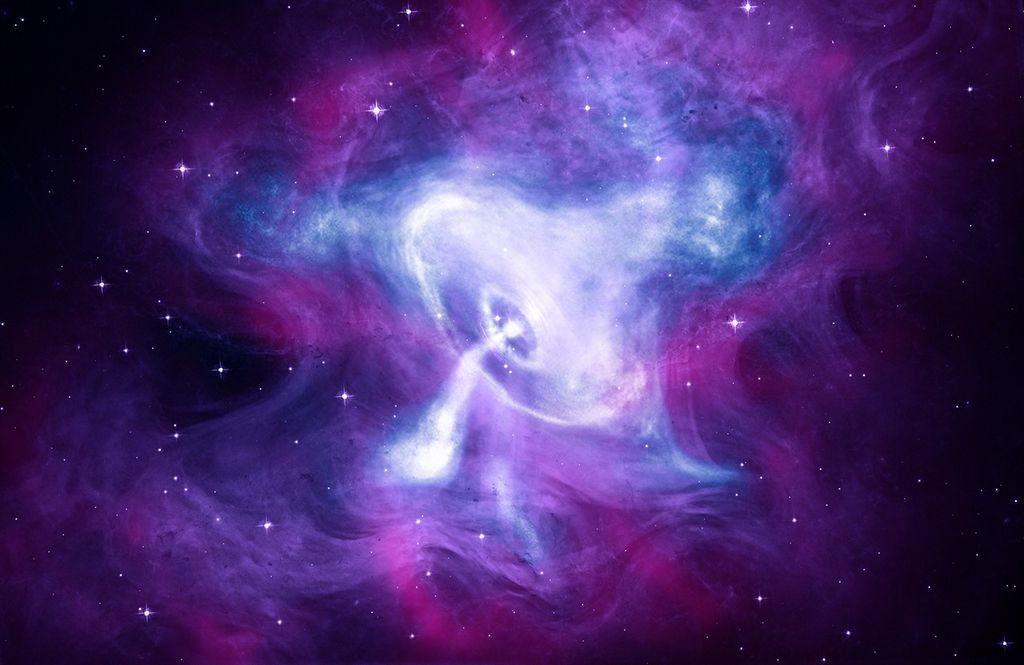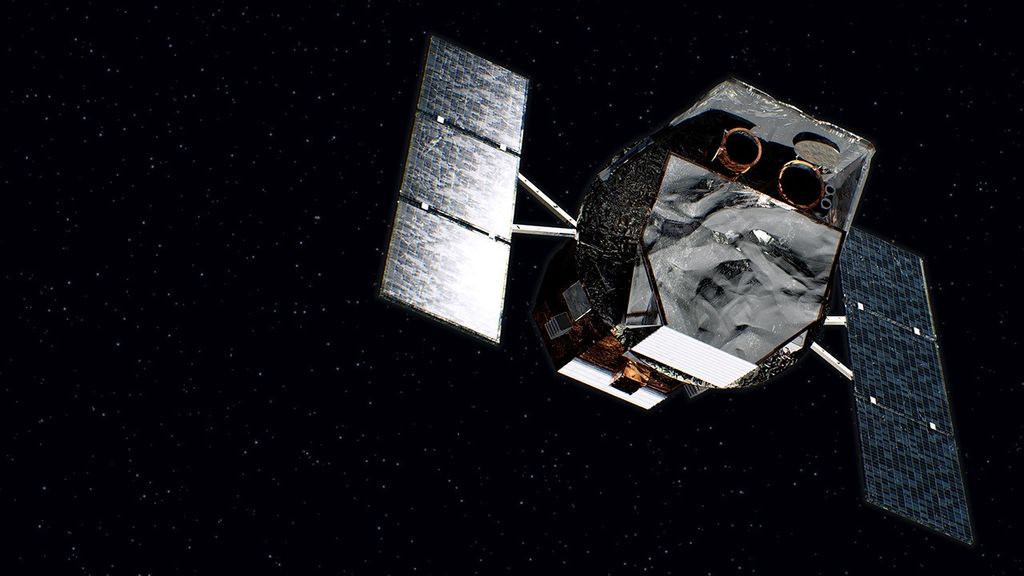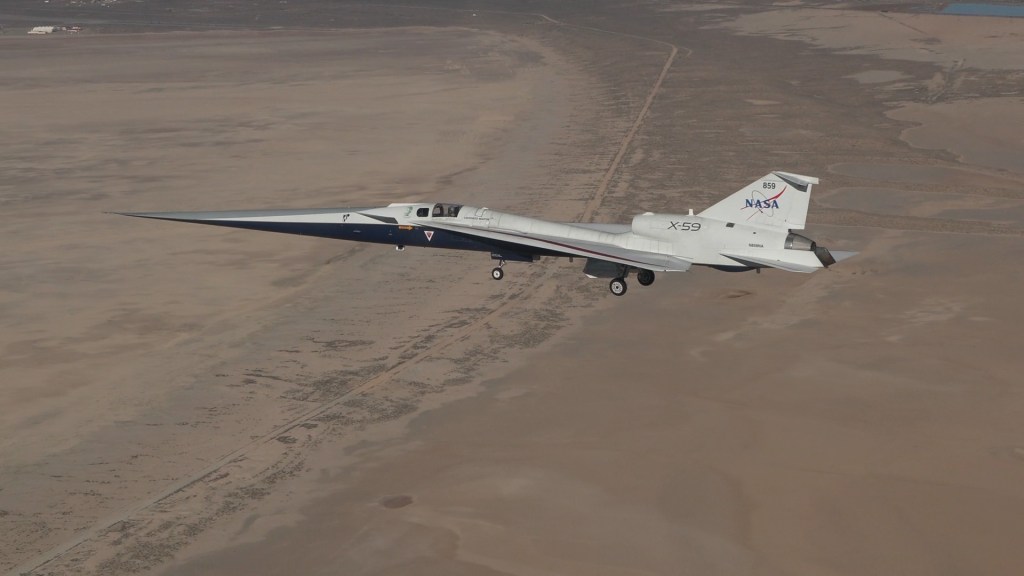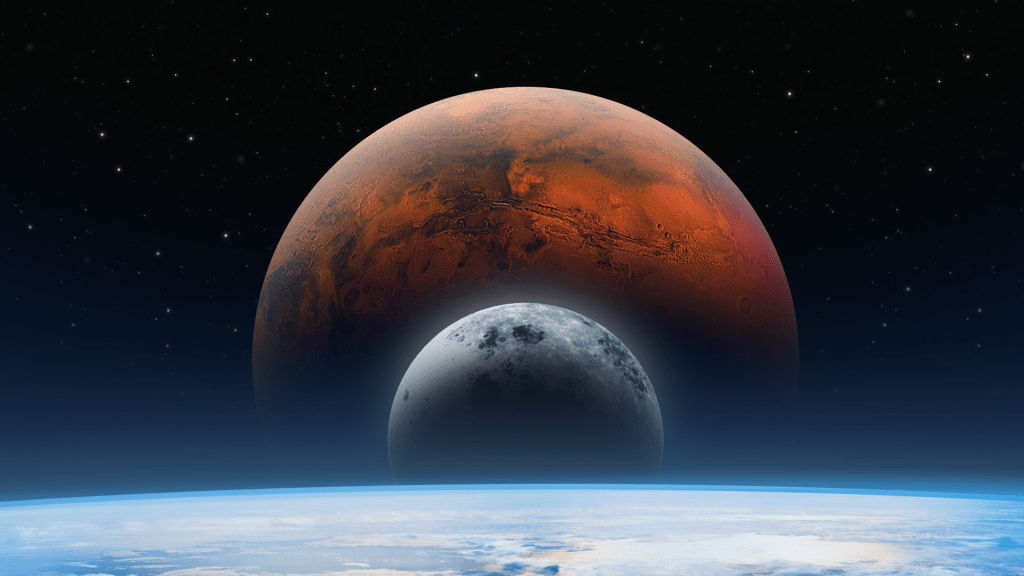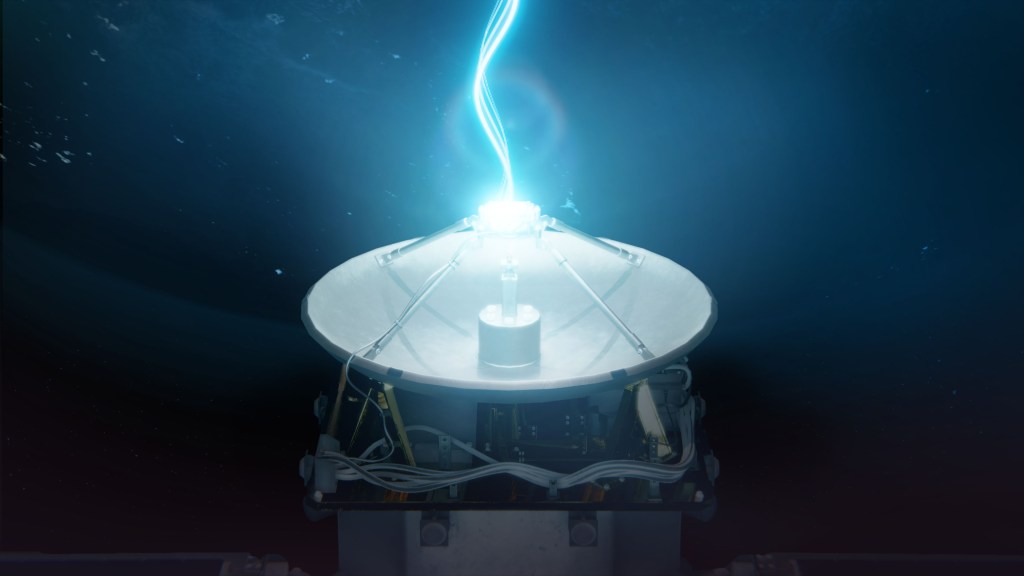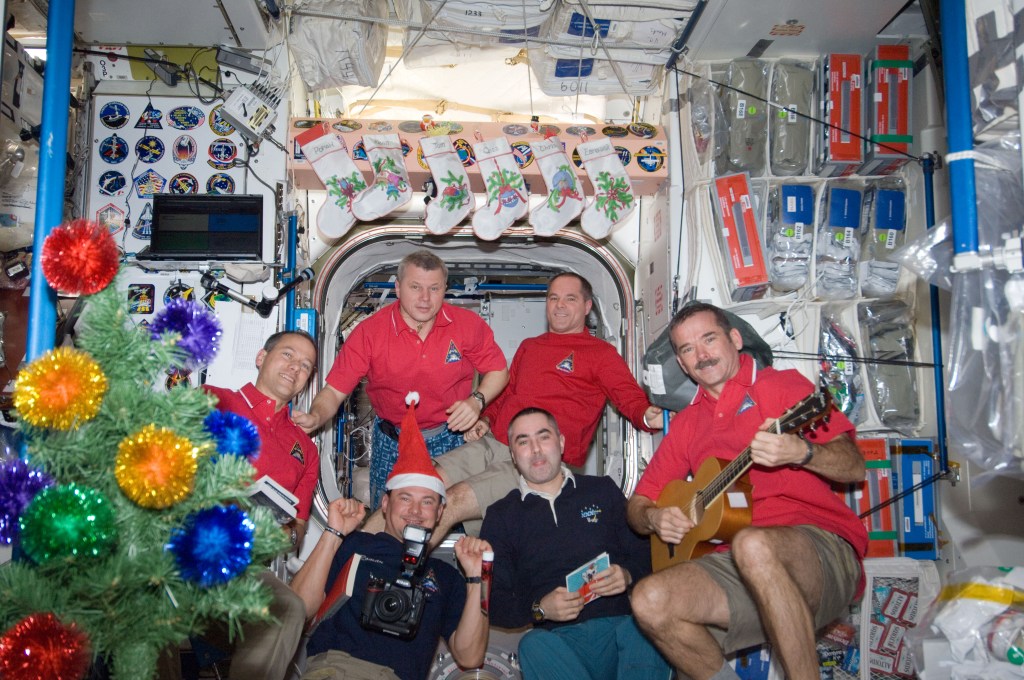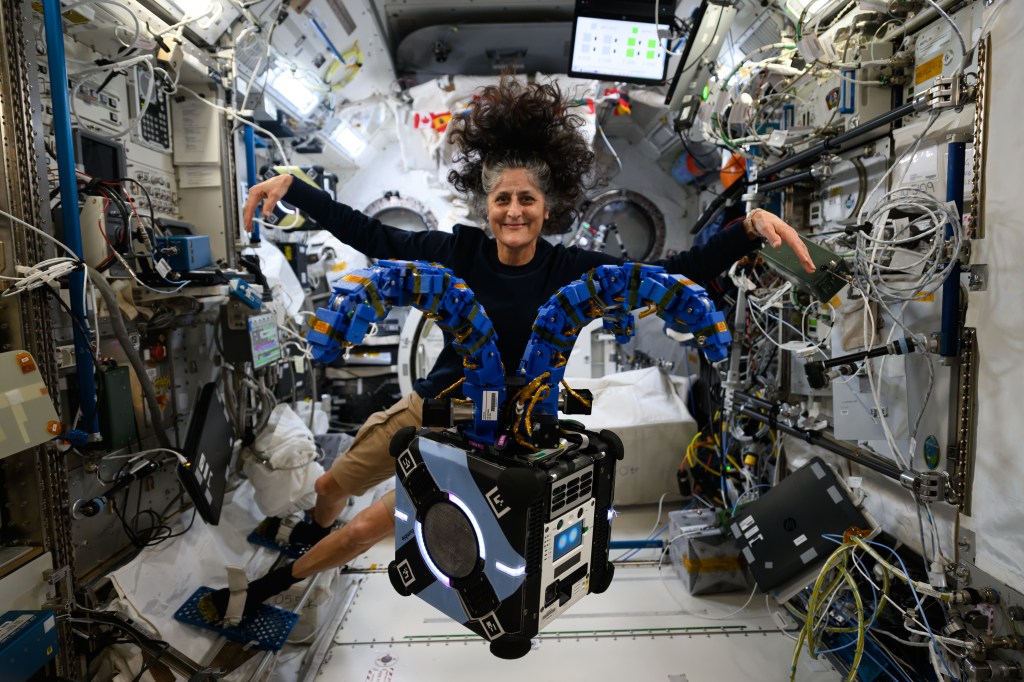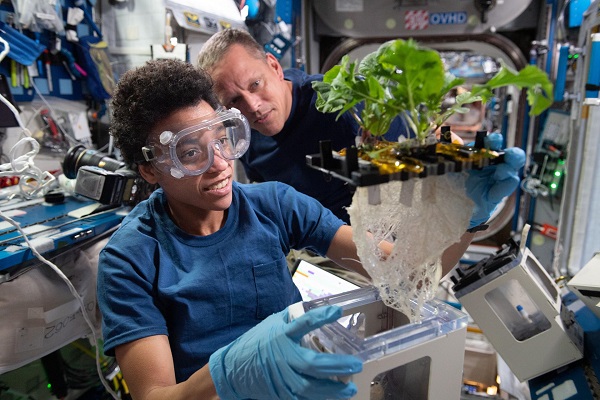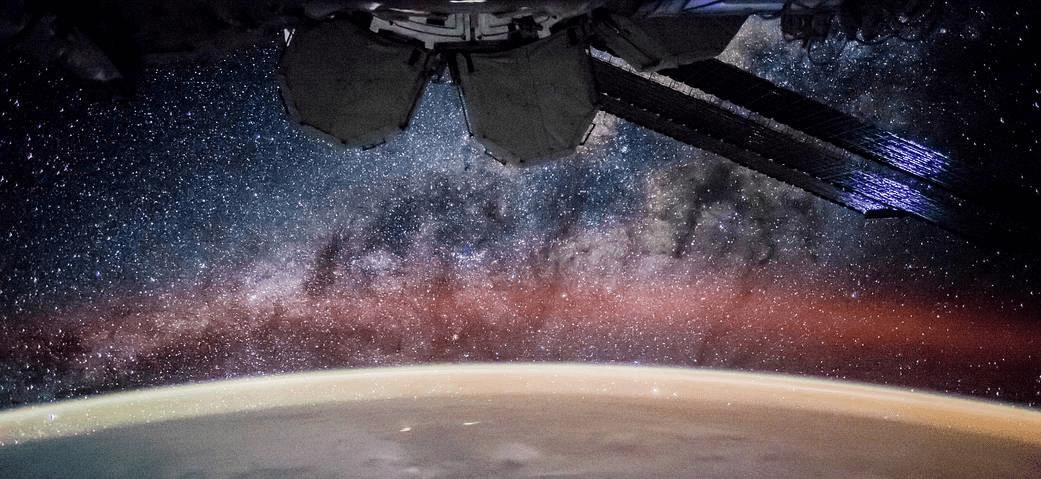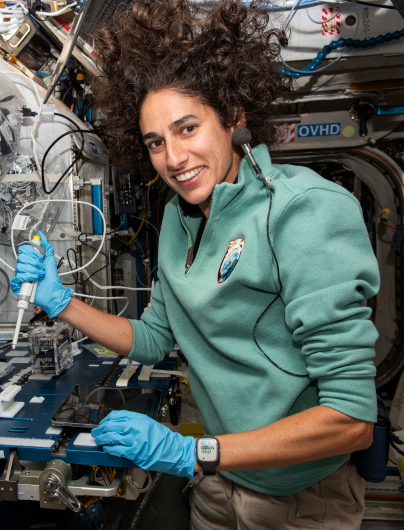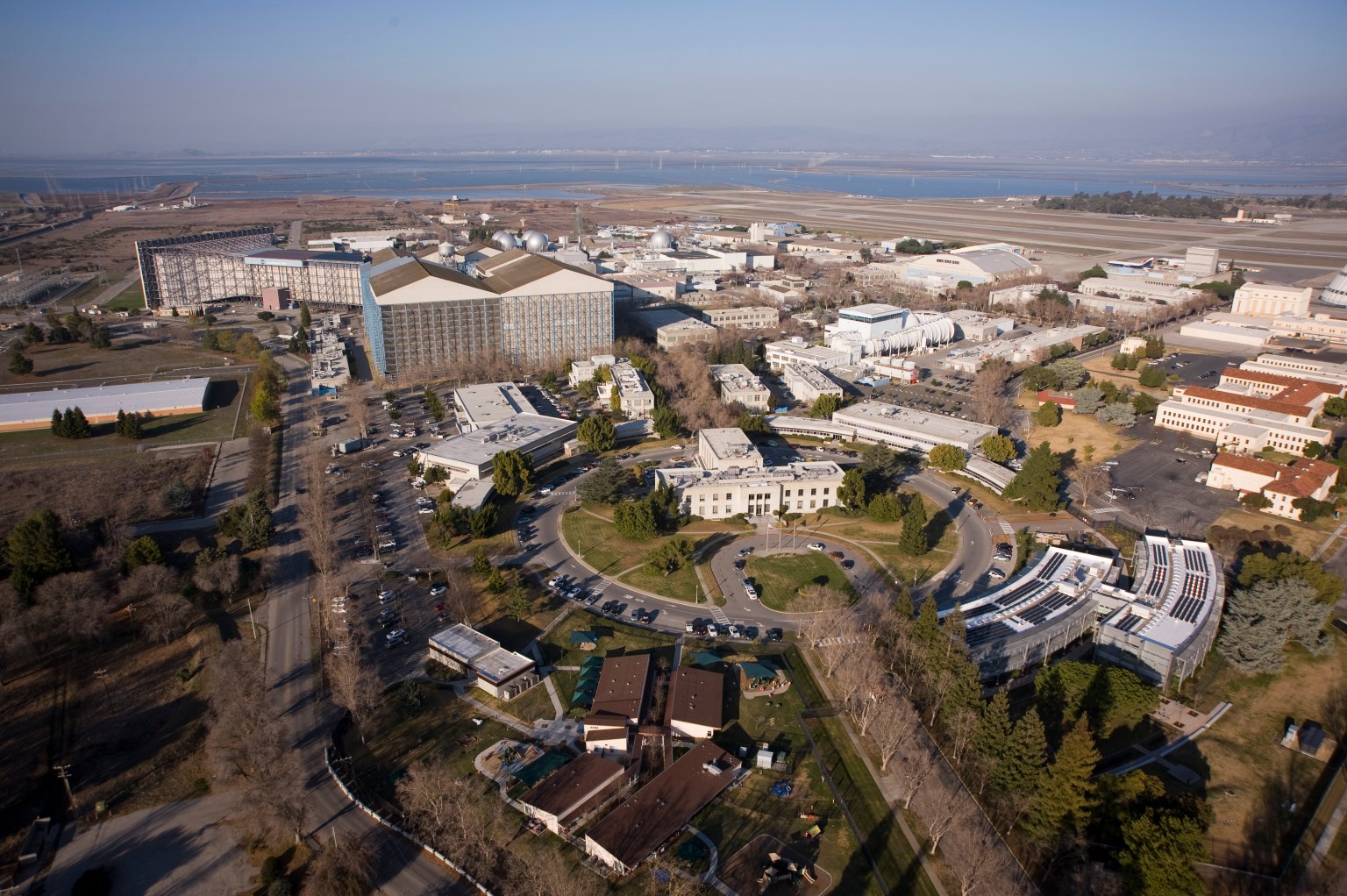The Cell Science-04 mission, CS-04, will utilize the Bioculture System, developed at NASA Ames Research Center, aboard the International Space Station. While on the ISS, the Bioculture System research platform allows researchers to carry out studies on cell cultures in microgravity. Research on cell cultures helps scientists learn about the details of cellular components and processes, providing a foundation for understanding how organisms as a whole function on the ground and in the space environment.
Cell Science-04 is a spaceflight experiment that will research the effects of microgravity on Hypsibius exemplaris, a species of tardigrade, more commonly known as water bears. Tardigrades are microscopic animals used as a model to study extreme environmental stress conditions both on Earth and in space. The CS-04 investigation will characterize the genes that allow for the tardigrades’ ability to survive during short and long periods of time in the hostile environment of space and will assess how the use of these genes change over in subsequent generations of tardigrades cultured on the ISS. The tardigrade cultures will be sent to the ISS, where they will be housed in the Bioculture System and maintained for both short and long durations (up to 4 generations). Once the experiment is finished, cultures will be fixed and frozen to return to the principal investigator’s laboratory for analysis.
An increased understanding of how tardigrades tolerate spaceflight will help to expand research into the countermeasures and therapies needed to keep astronauts healthy when exposed to extreme environments of radiation and microgravity during prolonged space travel. CS-04 could play a part in developing safe long-duration space missions in the future.
Principal Investigator: Thomas Boothby, Ph.D., University of Wyoming
Mission Scientist: Medaya Torres, FILMSS, NASA Ames Research Center
REMIS Project Manager: Danny Nolan, KBR
Cell Science Project Manager: Peter Zell, NASA Ames Research Center

